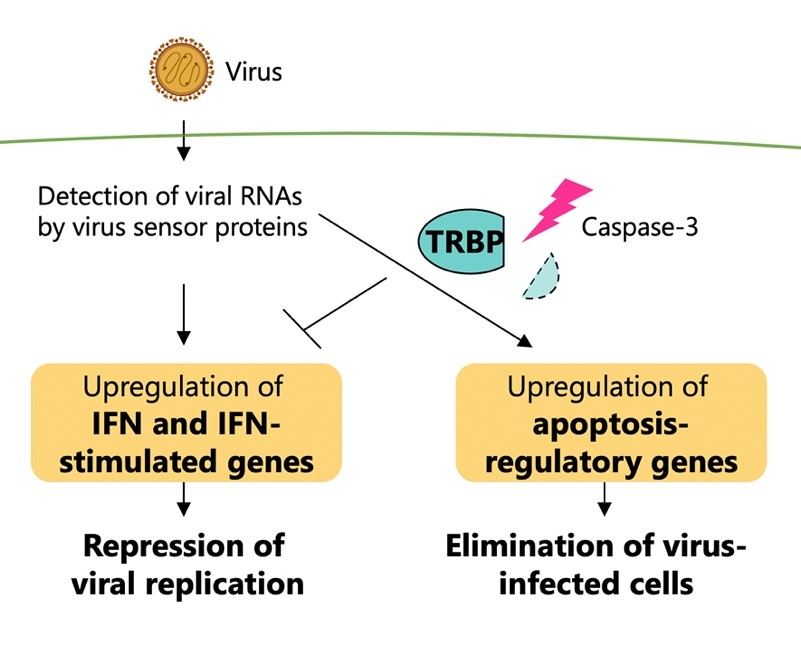
Multicultural and settlement services are an integral part of the family violence system, regularly encountering and supporting women experiencing family violence, according to new research.
Despite this, service providers are often not recognised for or funded to undertake this essential work, prompting calls for change.
The report, conducted as part of the Multicultural and Settlement services Supporting women experiencing violence (MuSeS) research, found up to 92 per cent of settlement and multicultural service providers surveyed had supported women and children experiencing family violence.
The research project interviewed or surveyed 444 service providers across Australia. All service providers contacted agreed that migrant and refugee women who experience violence face enormous barriers to seeking and receiving the help they want and need.
Project lead Associate Professor Cathy Vaughan, based in the Gender and Women’s Health Unit at the University of Melbourne, said recently arrived women faced challenges including lack of multilingual information, inconsistent use of interpreters, fear of deportation and financial barriers.
“Migrant and refugee women experience domestic and family violence at least as much as women in the wider population but find it harder to access support,” Associate Professor Vaughan said.
“Approximately one third of settlement and multicultural service providers identified narrow eligibility requirements, particularly for women on temporary visas, as a barrier to referring clients to specialist family violence services.”
The research provides evidence about the current and potential role of settlement and multicultural services in supporting migrant and refugee women experiencing violence.
It includes a specific focus on the interaction between the mental health of refugee women and family violence, identifying opportunities for specialist torture and trauma rehabilitation services to support refugee women experiencing family violence.
Key recommendations from the report have been presented to policymakers and practitioners.
ANROWS CEO, Dr Heather Nancarrow said these included improved coordination of settlement services and family violence services and building the bilingual/bicultural workforce within the sector.
“This research offers insight into the ways multicultural and settlement services can play an important role in responding to family violence,” Dr Nancarrow said.
“Currently, a key strength of these services is their connectedness to the community—helping organisations to enhance these connections will create crucial pathways to support for women experiencing family violence.”
The MuSeS research project was a partnership between researchers at the University of Melbourne, University of Tasmania, Flinders University and the Multicultural Centre for Women’s Health.
The research project was funded by Australia’s National Research Organisation for Women’s Safety (ANROWS).








